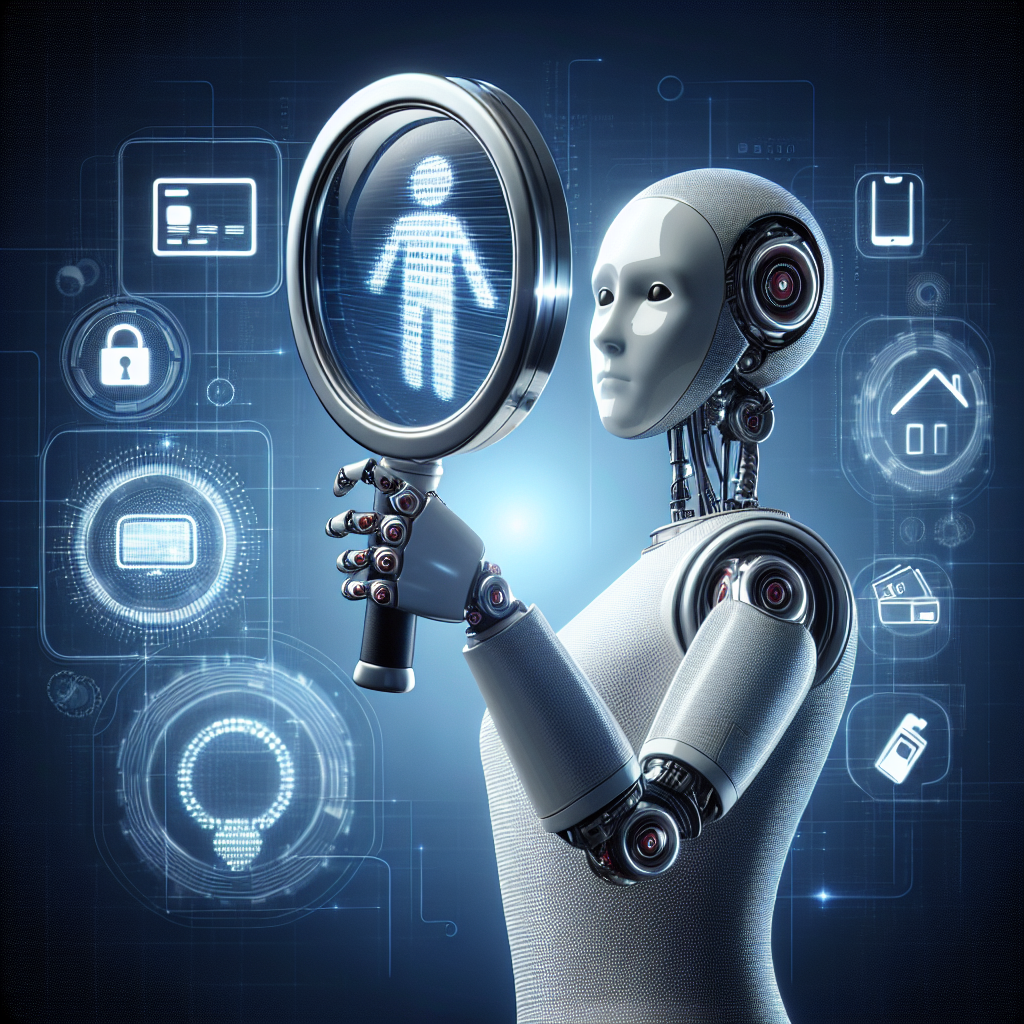The Rise of AI: Implications for Personal Privacy
Artificial Intelligence (AI) has become an integral part of our daily lives, from the algorithms that power our social media feeds to the virtual assistants that help us navigate our busy schedules. While AI has the potential to revolutionize industries and improve efficiency, it also raises important questions about personal privacy and data security.
As AI technologies continue to advance, the amount of data collected about individuals has grown exponentially. This data can include everything from browsing history and social media interactions to location data and personal preferences. While this data is often used to improve the user experience and provide personalized recommendations, it also raises concerns about how this information is being used and who has access to it.
One of the main implications of AI for personal privacy is the potential for data breaches and hacking. As more sensitive information is collected and stored by AI systems, the risk of this data falling into the wrong hands increases. This can have serious consequences for individuals, ranging from identity theft to financial fraud. In addition, the use of AI in surveillance technologies has raised concerns about government overreach and the erosion of civil liberties.
Another concern is the potential for bias in AI algorithms. AI systems are only as good as the data they are trained on, and if this data is biased or incomplete, the results produced by the AI system will reflect these biases. This can have serious implications for individuals, particularly in areas such as hiring and lending decisions, where AI algorithms are increasingly being used to make important choices.
In addition to these concerns, the rise of AI also raises questions about consent and control over personal data. As AI systems become more integrated into our daily lives, it is often unclear how our data is being used and shared. This lack of transparency can make it difficult for individuals to make informed choices about their privacy and security.
Despite these concerns, there are steps that can be taken to mitigate the risks associated with AI and personal privacy. For example, companies can implement strong data security measures to protect sensitive information and ensure that data is only used for its intended purpose. In addition, policymakers can enact regulations to ensure that AI systems are transparent and accountable for their actions.
In conclusion, the rise of AI has important implications for personal privacy and data security. While AI technologies have the potential to improve efficiency and enhance our daily lives, they also raise important questions about how our data is being used and who has access to it. By addressing these concerns and taking proactive steps to protect personal privacy, we can ensure that AI continues to benefit society while respecting individual rights.
FAQs
Q: How can I protect my personal data from AI systems?
A: There are several steps you can take to protect your personal data from AI systems. These include being cautious about what information you share online, using strong passwords and security measures, and being aware of the privacy policies of the companies you interact with.
Q: Are there laws in place to regulate the use of AI and protect personal privacy?
A: While there are some laws in place to regulate the use of AI and protect personal privacy, such as the General Data Protection Regulation (GDPR) in Europe, more comprehensive regulations may be needed to address the unique challenges posed by AI technologies.
Q: How can I ensure that AI algorithms are not biased?
A: Ensuring that AI algorithms are not biased requires careful attention to the data used to train these algorithms. Companies can take steps to diversify their data sources and regularly audit their algorithms for bias to mitigate these risks.

